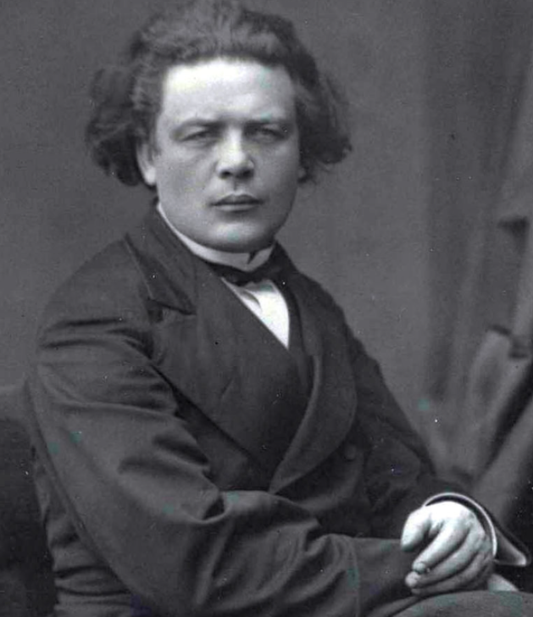Collection: CLAUDE FRANK: THE MUSICAL HERITAGE SOCIETY RECORDINGS
Claude Frank was a distinguished German-born American pianist, renowned for his intellectual depth, lyrical warmth, and profound interpretations, particularly of the Austro-German classical repertoire. Born in Nuremberg, Germany, Frank's early life was irrevocably shaped by the rise of Nazism. His Jewish family fled Germany in 1937, eventually settling in the United States in 1940 via Paris and Spain.
His musical education continued in the US, where he became a prominent student of the legendary pianist Artur Schnabel, whose intellectual rigor and focus on musical structure profoundly influenced Frank's own approach. He also studied composition and conducting at Columbia University and Tanglewood.
Frank's performing career gained significant traction after his acclaimed New York Philharmonic debut under Leonard Bernstein in 1959. He became particularly celebrated for his performances and recordings of the complete Beethoven piano sonatas, a cycle he recorded for RCA Victor in 1971. These interpretations were lauded for their structural clarity, fidelity to the score, and expressive insight, avoiding overt showmanship in favor of musical integrity. His repertoire also heavily featured Mozart, Schubert, and Brahms.
Beyond his solo career, Frank was a dedicated chamber musician, often performing with his wife, pianist Lilian Kallir, and later with their daughter, acclaimed violinist Pamela Frank. He was also a highly respected and influential teacher, holding long-term faculty positions at the Curtis Institute of Music, Yale School of Music, and the Mannes College of Music. Claude Frank's legacy rests on his thoughtful musicianship, his enduring recordings, and his significant contribution to musical education.




